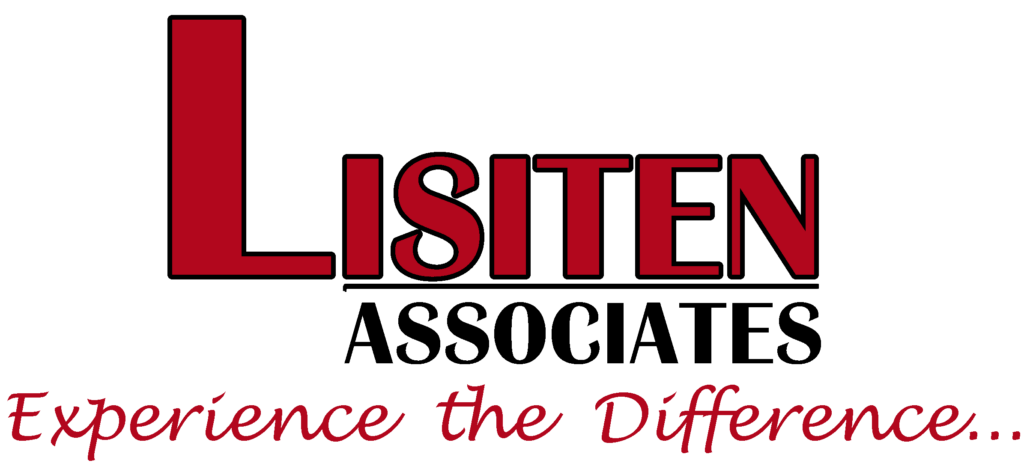What exactly does the term “goodwill” mean when it comes to buying or selling a business? Usually, the term “goodwill” is a reference to all the effort that a seller puts into a business over the years that he or she operates that business. In a sense, goodwill is the difference between an array of intangible, but important, assets and the total purchase price of the business. It is important not to underestimate the value of goodwill as it relates to both the long-term and short-term success of any given business.
According to the M&A Dictionary, an intangible asset can be thought of as asset that is carried on the balance sheet, and it may include a company’s reputation or a recognized name in the market. If a company is purchased for more than its book value, then the odds are excellent that goodwill has played a role.
Goodwill most definitely contrasts and should not be confused with “going concern value.” Going concern value is usually defined as the fact that a business will continue to operate in a fashion that is consistent with its original intended purpose instead of failing and closing down.
Examples of goodwill can be quite varied. Listed below are some of the more common and interesting examples:
- A strong reputation
- Name recognition
- A good location
- Proprietary designs
- Trademarks
- Copyrights
- Trade secrets
- Specialized know-how
- Existing contracts
- Skilled employees
- Customized advertising materials
- Technologically advanced equipment
- Custom-built factory
- Specialized tooling
- A loyal customer base
- Mailing list
- Supplier list
- Royalty agreements
In short, goodwill in the business realm isn’t exactly easy to define. The simple fact, is that goodwill can, and usually does, encompass a wide and diverse array of factors. There are, however, many other important elements to consider when evaluating and considering goodwill. For example, standards require that companies which have intangible assets, including goodwill, be valued by an outside expert on an annual basis. Essentially, a business owner simply can’t claim anything under the sun as an intangible asset.
Whether you are buying or selling a business, you should leverage the know how of seasoned experts. An experienced business broker will be able to help guide you through the buying and selling process. Understanding what is a real and valuable intangible asset or example of goodwill can be a key factor in the buying and selling process. A business broker can act as your guide in both understanding and presenting goodwill variables.
